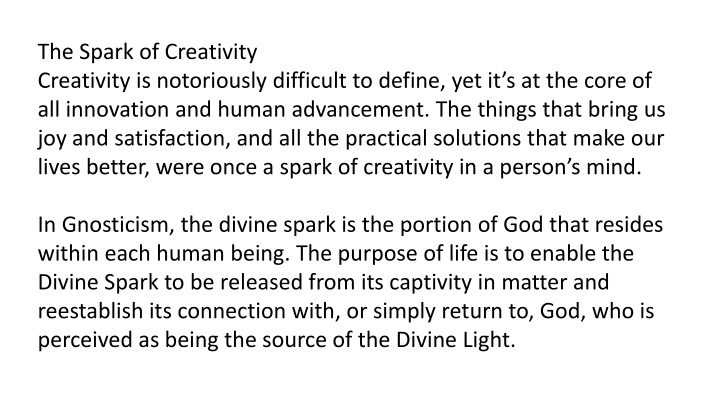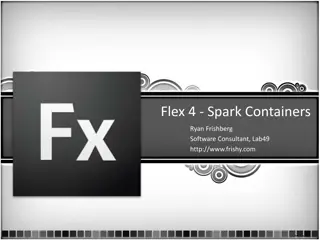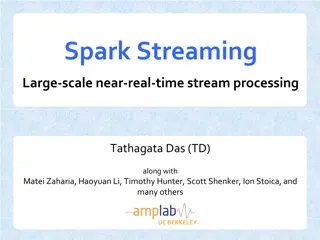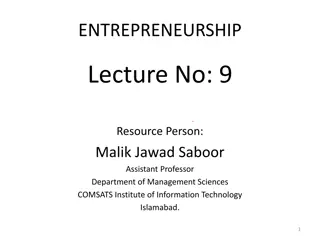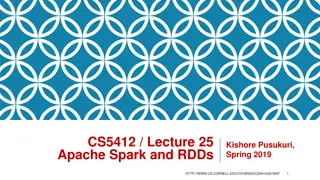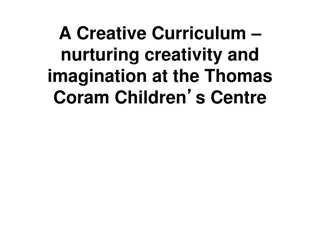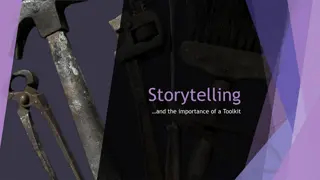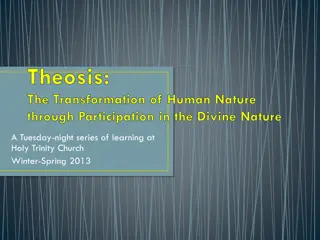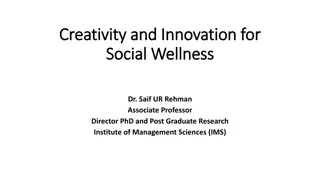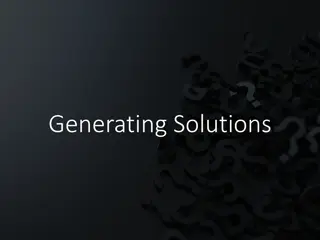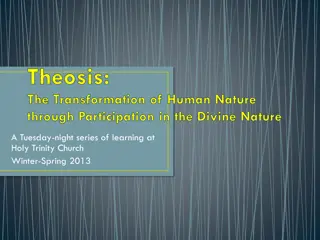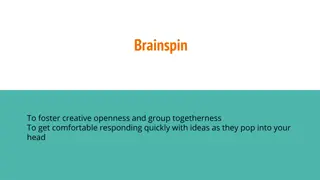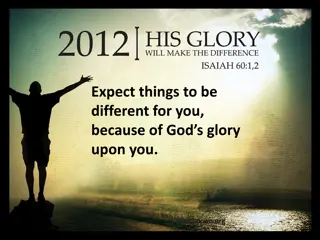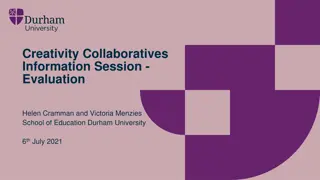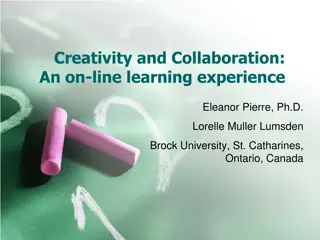The Divine Spark of Creativity
Creativity, a divine spark within us, drives innovation and human progress. Explore its transformative power through music compositions by Beethoven and the Gnostic concept of releasing the Divine Spark.
Download Presentation

Please find below an Image/Link to download the presentation.
The content on the website is provided AS IS for your information and personal use only. It may not be sold, licensed, or shared on other websites without obtaining consent from the author.If you encounter any issues during the download, it is possible that the publisher has removed the file from their server.
You are allowed to download the files provided on this website for personal or commercial use, subject to the condition that they are used lawfully. All files are the property of their respective owners.
The content on the website is provided AS IS for your information and personal use only. It may not be sold, licensed, or shared on other websites without obtaining consent from the author.
E N D
Presentation Transcript
The Spark of Creativity Creativity is notoriously difficult to define, yet it s at the core of all innovation and human advancement. The things that bring us joy and satisfaction, and all the practical solutions that make our lives better, were once a spark of creativity in a person s mind. In Gnosticism, the divine spark is the portion of God that resides within each human being. The purpose of life is to enable the Divine Spark to be released from its captivity in matter and reestablish its connection with, or simply return to, God, who is perceived as being the source of the Divine Light.
Creativity is at the core of innovation. We rely on innovation for advancing humanity, as well as for pleasure and entertainment. Creativity underlies so much of what we value as humans, says Jonathan Schooler, a professor of psychology and brain sciences at the University of California. This morning, 4 compositions of Ludwig van Beethoven (1770- 1827) are presented.
Gathering Music Sonata 8 (Pathetique) in C MInor, Op. 13, 2nd Movement 1798 Adagio cantabile
Prelude Bagatelle in C Major WoO 56 1803 Werke ohne Opuszahl (Works without opus number), abbreviated WoO, is a German musical catalog prepared by Hans Halm and Georg Kinsky in 1955. The goal was to list all Beethoven compositions that were not numbered with opus numbers or exist only in fragments.
Offertory Allegretto in C Minor WoO 53 1796-1797
Postlude and Sending Music Six Ecossaises WoO 83 in E flat Major 1806 Contradanse in Scottish Style
Offering Response ELW #717 Let Justice Flow Like Streams (v.2 only)
